Summer writing roundup
Where has this summer gone? Between publication of my Balsam Bashing book, a few freelance copywriting gigs up in London, helping to recruit new staff for the Wandle and South East Rivers Trust and watching over the Wandle’s biggest river restoration projects yet, experimenting with a radical new approach to ultralight fly-fishing, and exploring new stretches of the Exe, Usk and Wiltshire Avon, several months have suddenly disappeared downstream.
Fish were caught (sometimes quite unexpectedly – maybe more on that soon), the bank balance looks a little healthier, and I took a few good photos, but what else happened in that time?
Well… I did get some other writing done.
First up, I’ve been highly honoured to have my work included in the launch issue of a new magazine that takes a robust and novel approach to niche publication. Publisher and designer Garrett Fallon believes (not without reason, and not unlike many other genres) that angling literature has become debased, devalued and even economically unviable in this still-young age of the internet. So he’s set out to swim against that current with a new print magazine, Fallon’s Angler, which aims to commission proper long-copy articles and recompense their authors properly for their time and effort.
Particularly in this context, it’s quite a thrill to see my biography (and my article on a wildwood stretch of the River Meon) appearing alongside fishing-writing superstars like Tom Fort, Chris Yates, Jeff Hatt and Dom Garnett, and I hope there’ll be plenty more opportunities in the future. If you’d like to see this noble experiment survive and thrive, copies of Fallon’s Angler are available here for just £8 each.
By contrast, both of my other pieces of fishing and environmental writing this summer have been published in almost-conventional ezines. Apart from the club blogs which I used to edit, electronic publishing is a new departure for the Wandle Piscators, but the first issue of my local fishing club’s ezine is a real cracker, a 58-page blockbuster including my own article on the Fish Where You Live philosophy which seems to underpin the whole human angle of urban river restoration:
For me, as I’m sure for many members of the Wandle Piscators, the phrase Fish Where You Live means the simple luxury of being able to wander out of my own front door on a summer’s evening, strung-up rod in hand, for an hour or two of headspace and fishing on a river that’s preferably no more than an easy walk away, even in the middle of one of the world’s great cities.
Even if we didn’t fully recognise it at the time, I think this was the original vision of the Wandle restoration project: to get this former sewer back to a state where it could once again be a place for people to fish where they lived…
The full article starts on page 19 of the Piscators’ Chronicle, and there are plenty of articles by other club members too: mountaineering in Slovenia, fly tying and riverfly monitoring on the Wandle, barbel fishing on the Severn, chub on the little-known Beverley Brook…
Finally, for now, do you remember all that rain at the start of this year? Since 2005 I’ve been contributing very occasional environmental articles to the Redstone Review, a locally-based but globally-interested paper edited on the east slope of the Rocky Mountains by Susan De Castro McCann.
For obvious reasons, flooding is still a big topic along Colorado’s St Vrain River, and my article on the UK perspective appears on page 17 of the May/June issue of the Redstone. At the end of the driest September since records began, and only a few months after I wrote this piece, it already feels oddly dated (floods of chalk groundwater in Kenley High Street, anyone?). But I guess that was exactly my closing argument:
Like it or not, human memories have always been desperately short, and what we like to rationalise as a comfortable temperate zone can sometimes throw a spectacular tantrum, even without wild cards like climate change and all the other things we still don’t know about our little blue planet.
Maybe the best we can hope for is courage to do what the scientists tell us, and find a house on a hill, but still not too far from a trout stream, on the odds that they’ll be right.
(Photo 1: Fallon’s Angler)
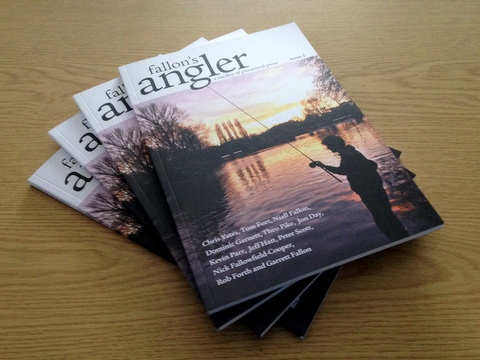
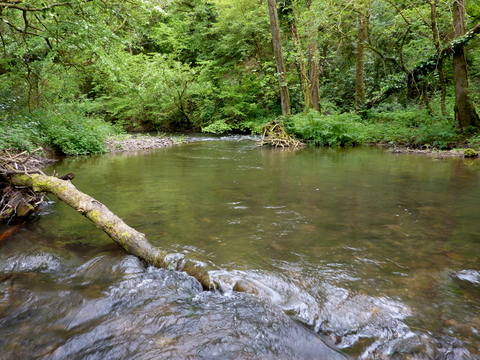
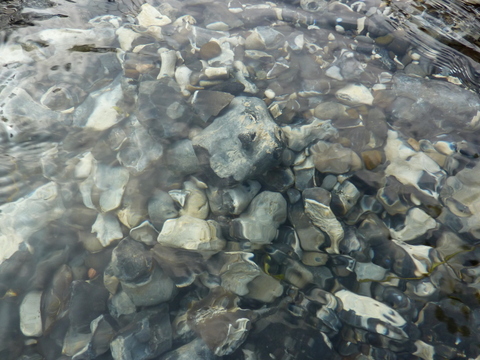
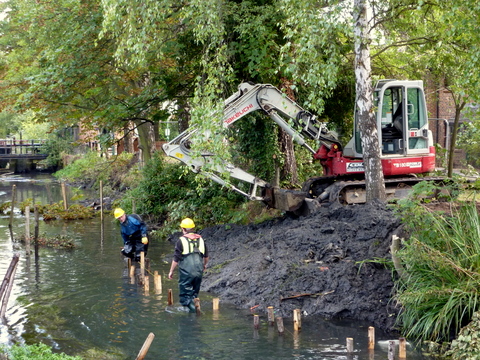

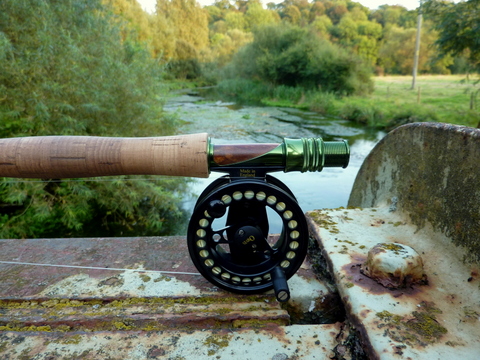
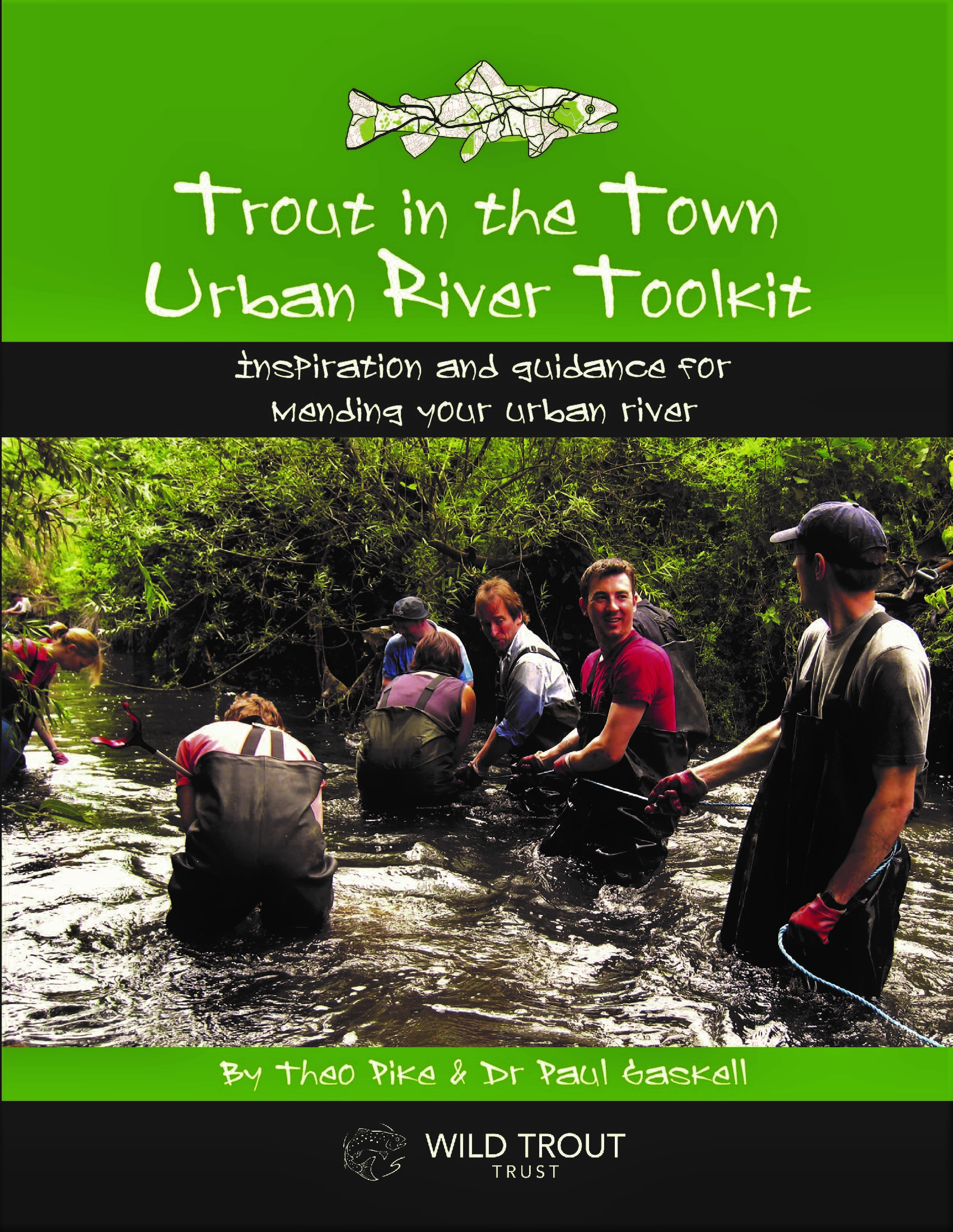
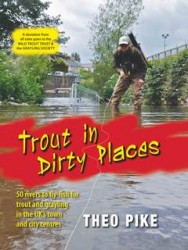
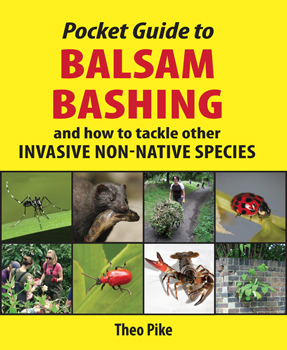
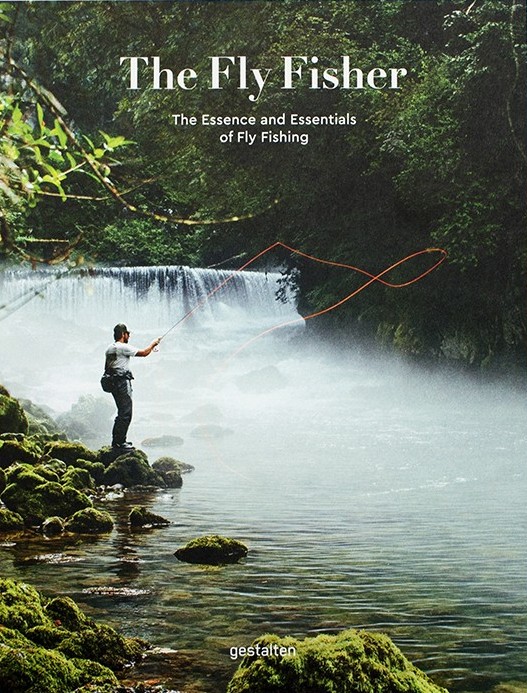
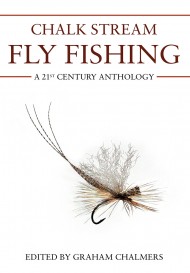
Leave a Reply